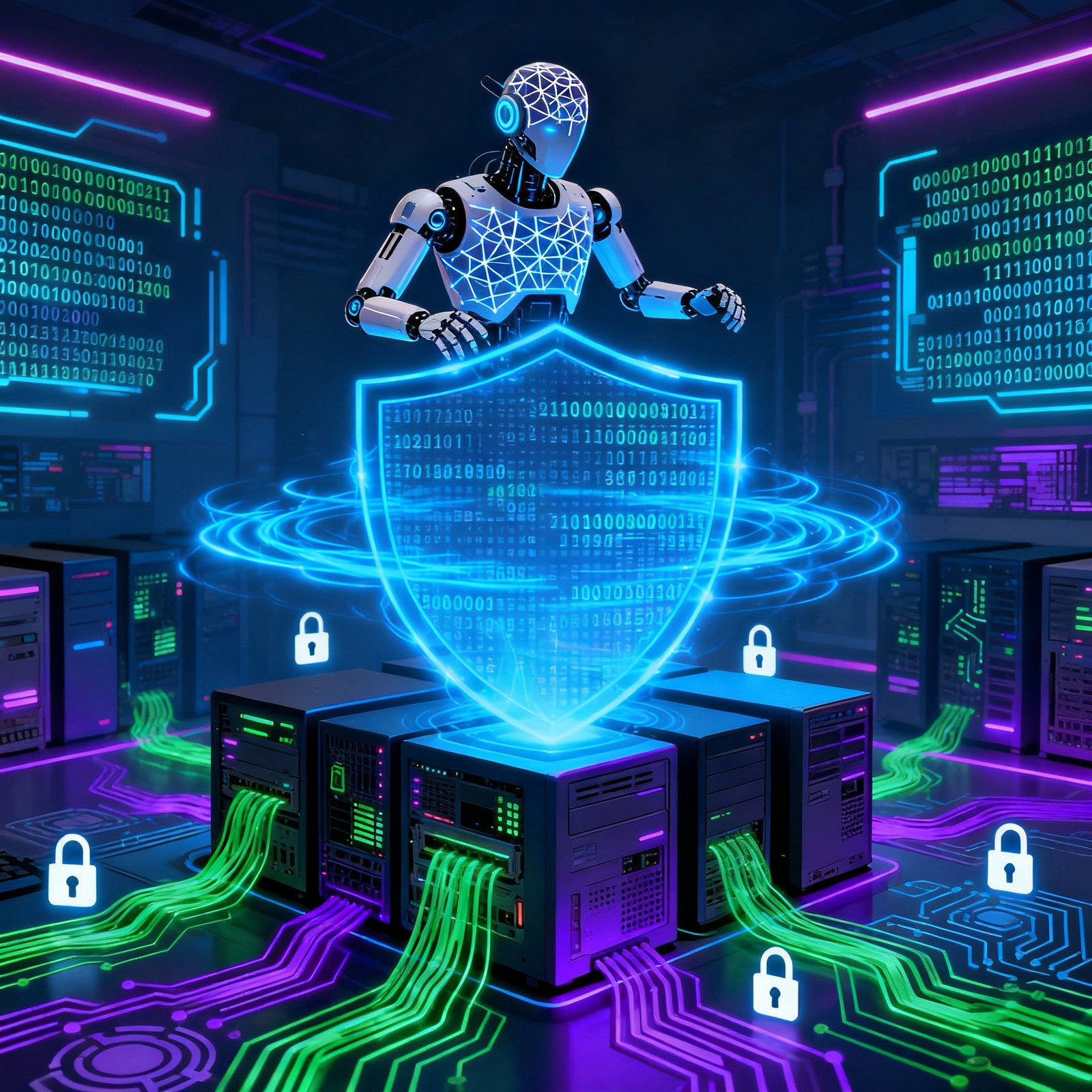Leading female figures in the global cybersecurity industry will unite at the regional super-connector to discuss the obstacles and opportunities shaping their careers
As the Middle East’s largest and most impactful cybersecurity event, GISEC Global continues to provide a solid platform and expand the opportunities for women in the field, fuelling the growth of a diverse industry that is set to transform the world’s digital behaviours.
This International Women’s Day, GISEC Global 2024 the most awaited annual programme gathering female leaders and industry experts, during the three-day cybersecurity showcase from 23-25 April 2024 at the Dubai World Trade Centre.
As pioneers forging a complex and dynamic career path, seasoned security architect Alina Tan, esteemed cybersecurity advisor Judy Ngure, and cybersecurity influential digital creator Caitlin Sarian are among the headliners and stand as powerful symbols of female perseverance, talent, and advocacy.
Their unique contributions to the cybersecurity space have seen ground-breaking impact across the automotive industry, corporate landscape, and social media – while collectively, they continue to expand the industry’s understanding of inclusivity and the subsequent potential for even greater innovation.
From motorsport aspirations to an unprecedented career in auto cybersecurity
A prominent presence in Singapore’s automotive cybersecurity industry – and one of the Top 30 Women in Security in ASEAN – Alina Tan is a powerful representation of female success in a largely male-dominated field.
Her passion for cybersecurity stemmed from a personal interest in motorsport, which saw her leverage the synergy between the two to establish a specialized interest group, Car Security Quarter, dedicated to automotive security within her local community. She also spearheads the Singapore Chapter of the Automotive Security Research Group, a global non-profit that promotes knowledge sharing and the development of security solutions.
“I firmly believe in the power of representation and visibility,” said Tan. “Through my experiences, insights, and accomplishments, I aim to demonstrate that women can excel in cybersecurity and thrive in diverse roles within the industry. Notable initiatives in the Middle East, such as GISEC Global, feature dedicated stages for Women in Cybersecurity, providing a large-scale platform to showcase talent and inspire a new generation of women in STEM (Science, Technology, Engineering, and Mathematics).”
Leading female figures to take the GISEC Global 2024 stage
Tan will be joined in the Inspire conference at GISEC Global 2024 by Judy Ngure, the founder and CEO of Bug Bounty Box, a platform to help security leaders manage vulnerabilities. A cybersecurity practitioner for over five years, she sits on various advisory boards across Africa, supporting organisations in furthering diversity in the cybersecurity field.
Ngure also co-authored a book titled “African Women in Security: Remarkable Women Moving Cybersecurity in Africa”, which aims to celebrate women in the field, demonstrate their value and inspire other women to enter the industry.
Caitlin Sarian, also known as Cybersecurity Girl, is a dominant cybersecurity influencer with a comprehensive career history – including a decade of consulting experience at the likes of EY and a previous role at TikTok’s Global Cybersecurity Advocacy and Culture team.
As well as attending the Women in Cybersecurity roundtable, Caitlin will be leading a talk titled ‘The flawed path: debunking the efficacy of current cybersecurity training approaches and how we can improve our future,’ in which she hopes to relay the urgent need to overhaul outdated education methods in favour of training strategies that prioritise real-world application and critical thinking.
The challenge: women are underrepresented and overlooked
Tan, Ngure, and Sarian agree that for many young women, there may be a sense of not receiving the support, recognition, and validation they deserve for their contributions to cybersecurity. A lack of inclusive programmes and opportunities for professional growth often results in feelings of being side-lined, which can dampen enthusiasm for pursuing a career in the industry.
An especially significant barrier to upskilling women in cybersecurity is a pervasive lack of understanding around what the field entails. While many assume it is strictly about coding, it has proven to be a multifaceted profession that requires a variety of skills – from analytical expertise and problem-solving to communication and creativity.
“The biggest challenge is getting women excited about technical topics in cybersecurity because it looks like a very male-dominated environment – which it is,” said Ngure. “The other key challenge is retaining women in the cybersecurity field; I have seen many women move from technical cyber roles to non-technical jobs. I do encourage women to upskill compared to moving because we need more women active in the industry’s technical leadership positions.”
She continued: “As the industry becomes more inclusive, we can expect a more holistic approach to security challenges – one that has the potential to result in more robust and comprehensive security strategies that strengthen our defence against cyber threats.”
The solution: awareness, accessibility, and advocacy
- Addressing these challenges can be achieved through a variety of avenues, largely led by governments and enterprises, to create more opportunities for women in tech, cybersecurity, and defence.
- On a corporate level, enterprises can adjust their recruitment and hiring processes to eliminate any unconscious biases, as well as partner with female-focused organisations to support with targeted outreach efforts.
- Mentorship and development are also essential to ensure that women are receiving the senior support they need and are positioned to undertake ongoing training and development to fuel their career growth.
- Awareness and advocacy remain top-of-mind and play a crucial role in championing female role models in the industry, highlighting their achievements and contributions to the wider cybersecurity community.
- Governments are able to further drive accessibility through education and training initiatives that encourage girls to pursue STEM education and careers, along with dedicated scholarships and grants to fund their academic journey.
#GISECGlobal



